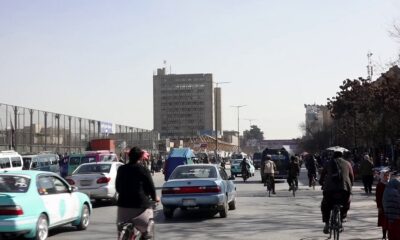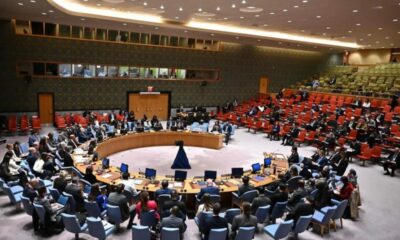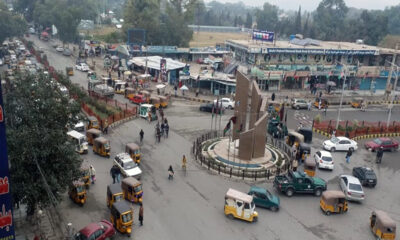Health
Afghans raise concern over rising cost of pharmaceuticals
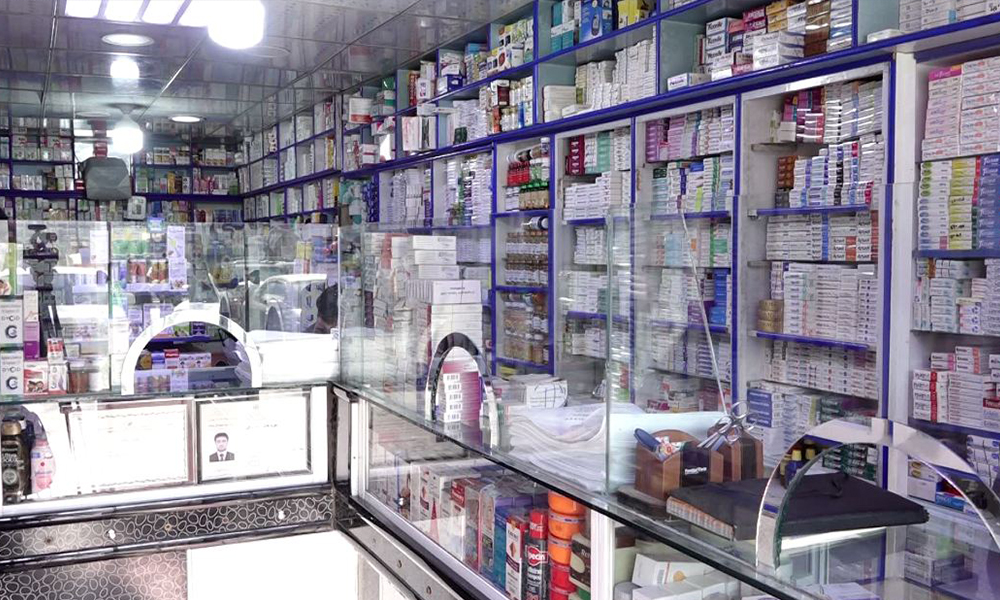
Afghans said Sunday that the cost of pharmaceutical drugs has doubled in the past month, on the back of a collapsing economy and struggling health sector.
“The medicine that costs 200 or 300 AFG, has now increased to 600 or 700 AFG. We urge the government to help the people and solve the problems,” said Hafizullah, a Kabul resident.
“[The price of] medicine has increased, it is imported,” said Mohammad Yaqoob, another Kabul resident.
Ministry of Public Health officials said Sunday that a commission has been established to monitor the price of pharmaceuticals on the market.
“A commission led by the deputy minister of public health will monitor the quality of medicine at the bazaar,” said Dr. Javed Hazher, spokesman for the Ministry of Health.
“Some countries have assisted Afghanistan [with medicine] and the aid will be continued Inshallah,” he said.
Afghanistan’s Medicine Union attributed the sharp price increase to the weak Afghani against the US dollar.
“First of all there is a difference in the exchange rate. Supply is low and demand is high and imports are not [back to] normal,” said Nimatullah Tawab Stanikzai, deputy head of the union.
Pharmacists meanwhile have voiced concern over the shortage of drugs.
“Prices have increased by 30% to 50%, and import routes are closed,” said Abdullah Masoumi, one Kabul pharmacist.
This comes amid an ongoing crisis in the health sector in the country and with limited supplies available a number of hospitals and clinics have had to close their doors.
Health
Afghanistan faces acute shortage of specialist doctors, officials urge ethics and expansion of health services
Noor Jalal Jalali, the Minister of Public Health, said the ministry is making sustained and intensive efforts to address the gap and expand access to healthcare services in remote and underserved areas of the country.
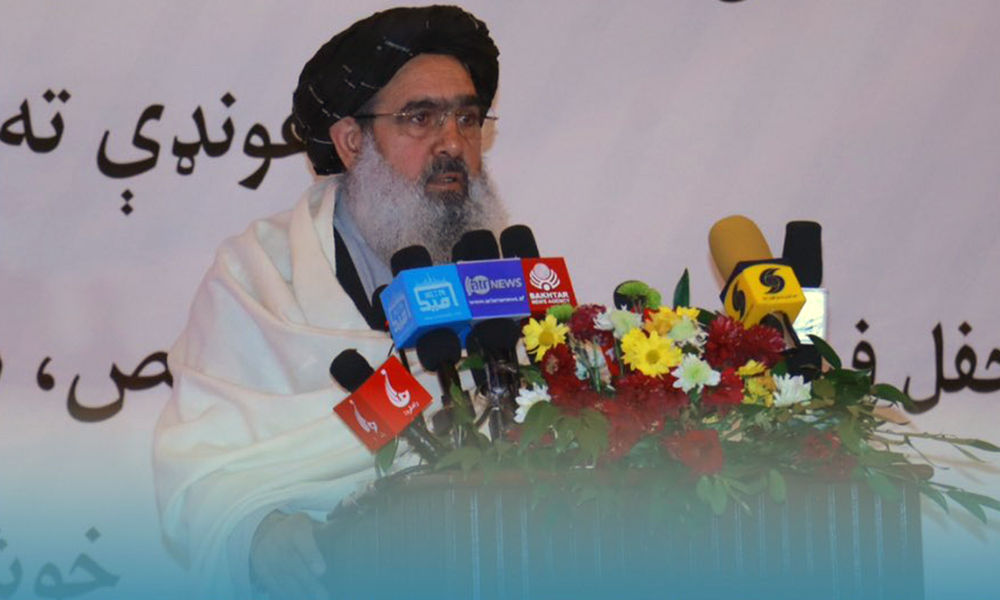
Afghanistan is continuing to face a serious shortage of specialist doctors, health officials said during the graduation ceremony of specialist physicians from the General Directorate of Medical Specialization for the year 1404.
Noor Jalal Jalali, the Minister of Public Health, said the ministry is making sustained and intensive efforts to address the gap and expand access to healthcare services in remote and underserved areas of the country.
According to Jalali, hospitals are still absent across 318 districts nationwide. He added that initial construction work for hospitals has been completed in 100 of these areas, stressing that strengthening health infrastructure and training qualified specialists remain top priorities for the ministry.
Jalali also called on doctors and health officials to uphold their professional and religious responsibilities by treating patients with compassion, dignity, and good conduct. He emphasized that medical practice should not be driven by material gain, but by the pursuit of public service and the well-being of the people.
Speaking at the same ceremony, Hamdullah Nomani, Minister of Communications and Information Technology noted a decline in public trust toward some medical professionals, saying that despite the presence of many committed and ethical doctors, the behavior of a few motivated solely by financial gain has undermined patient confidence. He urged newly graduated specialists to serve with sincerity and restore public trust in Afghanistan’s healthcare system.
Meanwhile, Abdul Wali Sadiqi, the financial and administrative deputy minister of public health, advised graduates to remain committed to their profession, fulfill their responsibilities honestly, and serve the public with dedication. He stressed that efforts in national service should match those made in personal affairs.
In addition, Abdul Baqi Haqqani, head of the National Examinations Authority, highlighted that humans carry two fundamental responsibilities: worship of Allah and preservation of health, underscoring the vital role doctors play in safeguarding public health.
Health sector experts say Afghanistan now needs skilled and professional medical personnel more than ever, calling for increased investment in specialist training and healthcare infrastructure to meet the country’s growing needs.
Health
Afghan delegation heads to Turkey for medicine talks

Naemullah Ayoubi, Director General of Drug and Health Products Regulation at Afghanistan’s Ministry of Public Health, has departed for Turkey on an official visit accompanied by a technical delegation.
The Ministry of Public Health said the delegation will hold meetings with officials from Turkey’s pharmaceutical regulatory authority and discuss a number of key issues related to the regulation of medicines and health products.
The delegation is also scheduled to visit several pharmaceutical manufacturing factories in Turkey.
According to the ministry, the visit aims to strengthen coordination between the two countries in the production and import of medicines, in order to ensure the availability of high-quality and affordable pharmaceuticals for people in Afghanistan in both the short and long term.
Health
Afghanistan opens first national cancer diagnosis and treatment hospital
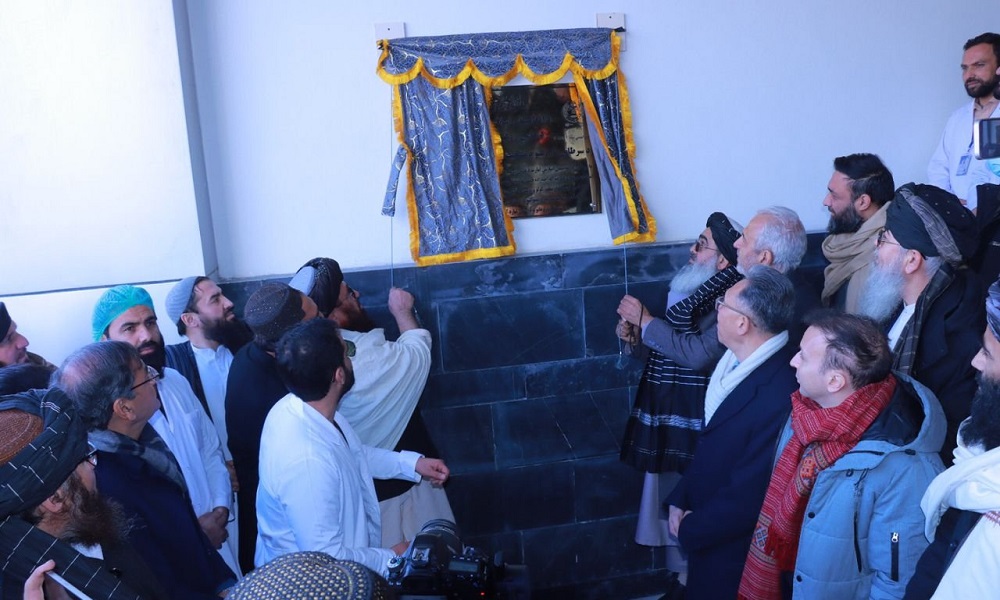
The Ministry of Public Health announced on Thursday that Afghanistan has inaugurated its first national hospital dedicated to the diagnosis and treatment of cancer, marking a major step forward in the country’s healthcare services.
The facility, named the National Cancer Diagnostic and Therapeutic Hospital, has officially begun operations and will provide specialized care for cancer patients across the country.
Speaking at the inauguration ceremony, Public Health Minister Noor Jalal Jalali said the 200-bed hospital aims to offer hope and improved treatment options for patients suffering from cancer.
“Fortunately, we are jointly opening a 200-bed hospital for cancer patients, and we hope that this hospital will become a source of hope and healing for those in need,” Jalali said.
The minister added that specialized training programs will soon be launched at the hospital to educate and train domestic medical specialists. He noted that reforms have already been implemented to improve facilities and ensure better healthcare services.
Jalali also emphasized international cooperation in the project, saying that radiotherapy services will be introduced at the hospital with support from India. According to the ministry, India has so far provided $1 million in assistance, including 10 tons of medicines and medical equipment, to support cancer treatment in Afghanistan.
The opening of the hospital is expected to reduce the need for Afghan patients to seek costly cancer treatment abroad and improve access to specialized care inside the country.
-

 Latest News1 day ago
Latest News1 day agoPakistani military jet downed in Afghanistan’s Jalalabad, pilot captured alive
-

 Latest News2 days ago
Latest News2 days agoAfghan Air Force conducts airstrikes in Islamabad, other cities
-
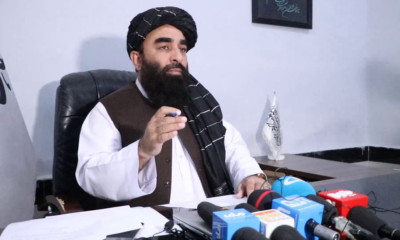
 Latest News2 days ago
Latest News2 days agoIEA: Special circle in Pakistan has launched mission to destabilize region
-

 World3 days ago
World3 days agoIndia’s Modi backs Israel in address at Israeli parliament
-
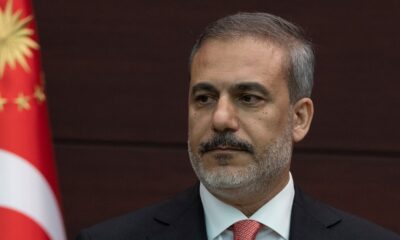
 Latest News2 days ago
Latest News2 days agoTurkey launches initiative to diffuse Afghanistan-Pakistan tension
-
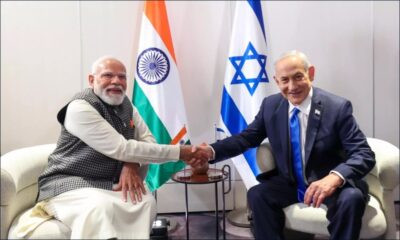
 Regional3 days ago
Regional3 days agoNarendra Modi holds high-level talks after historic address to Knesset
-

 Latest News2 days ago
Latest News2 days agoAfghans say they are united against Pakistan aggression
-

 Latest News3 days ago
Latest News3 days agoPakistan carries out airstrikes after Afghanistan launches retaliatory attacks




